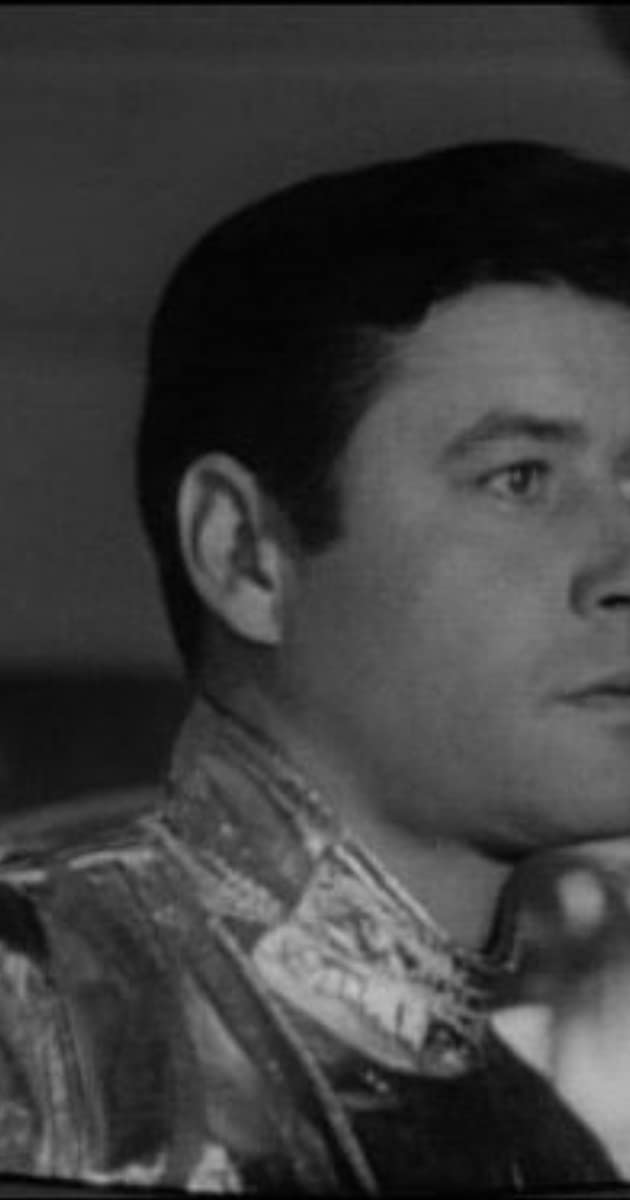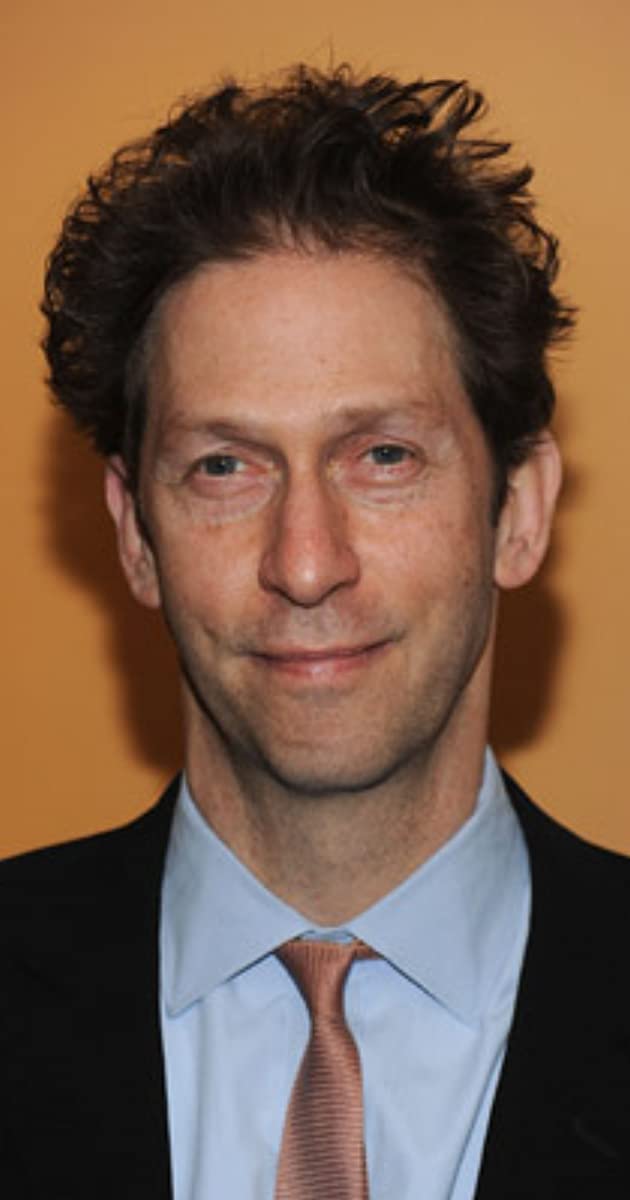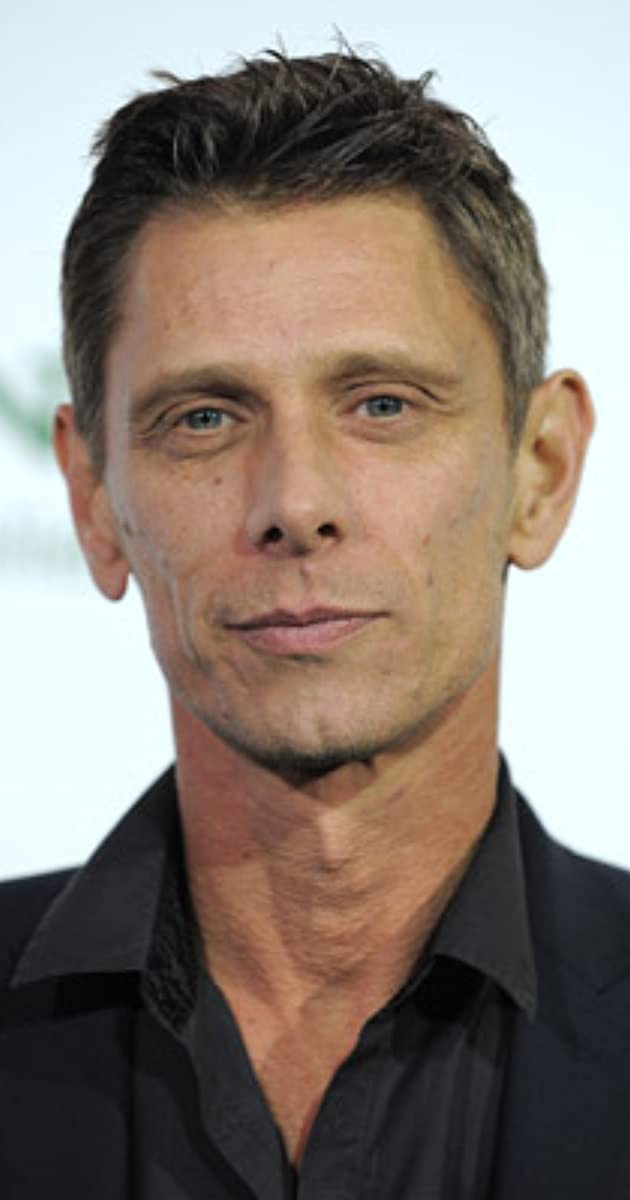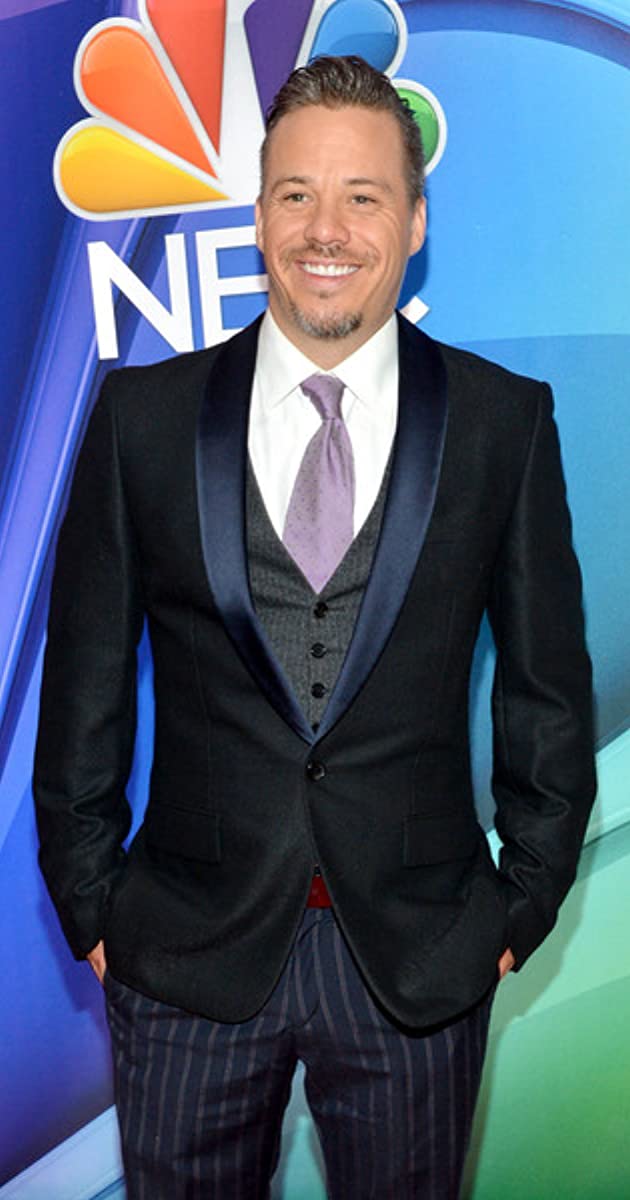
An exceptionally handsome and charismatic performer with a serene baritone voice, Guy Williams was born Armand Joseph Catalano (nicknamed “Armando” by his family) of Italian parentage in New York City on January 14, 1924. The elder child of an insurance broker (he had a younger sister, Valerie), he was raised in the Washington Heights area. Attending Peekskill Military Academy during his formative years, he originally broke into the entertainment field as a male fashion model. Guy subsequently joined New York’s Neighborhood Playhouse, which led to such TV assignments as Studio One (1948), and he debuted in films with a featured role as the bombardier on the Enola Gay in the feature film The Beginning or the End (1947), the story about the first US-deployed atom bomb.
In 1952 he was given a screen test and signed by Universal Pictures. As tall, dark and athletic (6’3″, 190 lb.) in Hollywood nearly always fits the bill, the highly photogenic Williams began paying his dues in unbilled bits in such standard movies as Willie and Joe in Tokyo (1952), All I Desire (1953), The Golden Blade (1953) and Take Me to Town (1953). When he did manage to receive billing, he was rather benignly used: Bonzo Goes to College (1952) (sequel to Ronald Reagan’s cult classic Bedtime for Bonzo (1951)), The Mississippi Gambler (1953) with Tyrone Power and The Man from the Alamo (1953) with Glenn Ford.
Guy eventually left Universal and freelanced in films, which would include a minor role as a cop in the cult horror classic I Was a Teenage Werewolf (1957) starring Michael Landon, and also added scattered TV appearances (Highway Patrol (1955), The Lone Ranger (1949)) to his resumé. Nothing, however, of major significance happened until Walt Disney came into the picture. His signing at age 33 to play Don Diego de la Vega, aka Zorro (1957), thrust Guy immediately into the celebrity limelight. His dashing good looks, eloquence and charm had female hearts fluttering, while the male audiences admired his fencing dexterity and effortless ladies’-man appeal. The Disney series was so popular that certain episodes were culled together and released into two feature films: The Sign of Zorro (1958) and Zorro, the Avenger (1959).
Further propelled by Disney with his captivating role in Disneyland: The Prince and the Pauper: The Pauper King (1962), Guy was handed fully-bearded heroes to play in a couple of fantasy film adventures, portraying Damon in the costumer Il tiranno di Siracusa (1962) a/k/a “Damon and Pythias”, and the title role in Captain Sindbad (1963), an MGM attraction. In 1964 he reunited with “Teen Werewolf” Michael Landon when he arrived on the Bonanza (1959) set to play cousin Will Cartwright for a few episodes.
The cult science fiction series Lost in Space (1965) would be Guy’s last hurrah in show business. Although overshadowed extensively by the nefariously campy antics of Jonathan Harris’ Dr. Smith character, Guy nevertheless provided a necessary strong anchor to the family show, which included June Lockhart as the silver-suited wife and mother of his three intergalactic offspring. Battling aliens and the forces of nature, the show’s popularity went stratospheric at first. However, much like Batman (1966), it faded very quickly and ended up having a short life–three seasons.
When Guy first visited Argentina in 1973 he was quite taken by the signs of admiration and fascination the Argentines expressed for him and his signature character of “El Zorro.” In turn Guy fell in love with the people and culture of Argentina. Eventually he retired, except for personal appearances, to Recoleta in the 1970s, an upscale neighborhood of Buenos Aires. He died there of a brain aneurysm at the age of 65 on May 7, 1989. Long married (since 1948) to Janice Cooper, he was survived by their two children.


